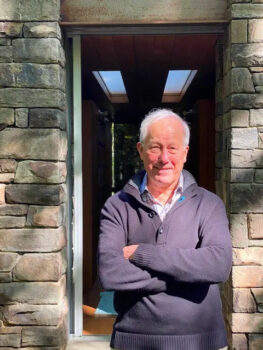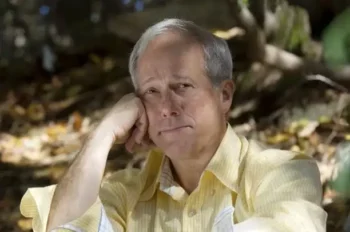Blog
Poetry’s main chance, it seems to me, the best of its possible futures, lies in not being buffaloed. You have just returned from a workshop in which your poems, the manuscript of a first book, were the subject of discussion. It was a summit meeting of eyeglasses, cleared throats, and nodded assents. One of your […]
A narrative poem, whether an epic as long as the Odyssey or an ancient ballad like Sir Patrick Spens, has a tale to tell. And when the tale is told, it stops. The progress of a lyric poem is quite different. Robert Frost describes it memorably in “The Figure a Poem Makes.” Like a piece of ice on […]
Recently I realized that when a poet has finished writing a poem, the poem is still not complete. The poem’s act of completion is when someone else reads it. And so I wrote this poem. The Book There is no Frigate like a Book to take us Lands away. Emily Dickinson I find you in […]
They may be the oldest books in your library, having come down from your mother or father or a favorite aunt. They are different from the Stephen King paperbacks, the Danielle Steel romances, the flotsam and jetsam of books from past elections. Bound in limp leather and printed on the best paper, they may be […]
Welcome, and thanks for stopping by. These occasional short essays, of which this is the first, hope to show that poetry is that rare place in contemporary experience where legitimate magic can still happen. So, what is a poem? Allow me to riff. It arises out of the ordinary, out of the gravitation in whose […]
- « Previous
- 1
- …
- 4
- 5
- 6
Latest Posts
Free Newsletter Sign Up
Join over 8 thousand subscribers. Sign up to receive poems and brief thoughts about the state of the art of poetry a couple of times a month for free.
As a welcome gift, I’ll send you my free, digital chapbook The Subcutaneous Art: A Collection of Short Essays on Poetry on signup.
This collection comes from my lifelong engagement with poetry—an obsession that has never let go. Together, we’ll explore questions like: What makes a poem, a poem? Can a poet be wrong on everything—and the poem still be right?




